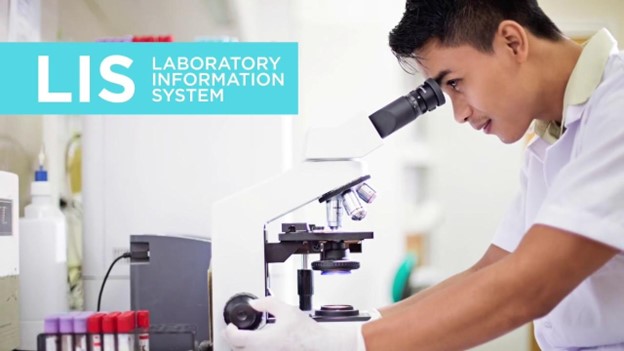
Laboratory Information Systems (LIS) make handling data easier for healthcare centers. LIS efficiently organizes and manages lab test orders, findings and other vital data. LIS is an essential part of the process in today’s healthcare situations.
Significant progress has been made in laboratory information systems (LIS) which has changed how healthcare facilities handle and use laboratory data. At first LIS systems were simple based on paper and data entry and record keeping had to be done by hand. However as computers became more common LIS became a digital tool that could automate many lab tasks.
LIS has become even more helpful as technology has improved such as creating relational systems and networking features. As time passed these systems got smarter and added features like keeping track of samples, reporting results and connecting to other healthcare systems. Modern LISs are all in one programs that make lab work more accessible and data more accurate and they help doctors make decisions.
LIS is improving in areas like connectivity, cloud computing and artificial intelligence as time passes. These changes will make laboratory information systems in healthcare situations even more efficient and valuable.
Laboratory computer tools are essential parts of current health care. Healthcare workers can only do their jobs with them because they can keep track of samples stored and recover data connected to other systems, keep quality control up to date and simplify processes. LIS will become more and more critical in improving patient care and results as technology keeps getting better.
Laboratory Information Systems LIS are helpful for hospitals, doctors and patients in many ways. These tools simplify lab work, make it more efficient and raise the care level. Some of the best things about laboratory information systems are listed below:
Laboratory Information Systems
Upcoming Trends and Innovations As technology improves and healthcare needs change laboratory information systems LIS are likely to make significant steps forward in the future.
Adding AI and ML tools to LIS is a significant trend. AI powered LIS can look at vast amounts of data at speeds and accuracy that have never been seen before. This makes patient care more personalized and diagnosis tools better. This combination will change how labs handle and understand test data leading to better patient outcomes.
Another trend is that LISA is getting better at helping with personalized medicine. By combining genetic data with other specialized health information LIS can give doctors a complete picture of each patient’s specific healthcare needs. This customized method lets doctors make treatment plans and other best measures for each patient improving care and results.
Cloud based solutions are changing the future of LIS by making it easier for people to access and move around. Cloud based LIS lets healthcare workers safely view lab data from anywhere allowing them to work together and make decisions in real time. This adaptability is very helpful in today’s healthcare system where autonomous and online care methods are becoming more common.
Laboratories will continue to progress in their information systems leading to better future speed accuracy and personalized care. LIS will stay at the heart of healthcare innovation as technology changes. It will play a critical role in shaping the future of healthcare service.
Laboratory information systems (LIS) have changed how data is handled and used in labs and are now an essential part of modern healthcare. LIS improves the quality and speed of patient care by simplifying processes, ensuring information is correct and helping people make decisions based on accurate information. As technology improves more money and new ideas will be put into LIS improving healthcare and improving patient results.
Copyright © 2024 California Business Journal. All Rights Reserved.
In an era where weddings can rival the grandeur of Hollywood premieres, many couples find…
In today's fast-paced healthcare world, ensuring precise communication when scheduling appointments and sending reminders is…
The landscape of digital product development using AI is ushering in a new era of…
An E-bikes give riders an extra boost while pedaling through electric motors. This makes cycling…
Donating to charity not only supports good causes—it can reduce your tax bill too. Tax-deductible…
The notion of giving away money after a death is equally rewarding and challenging. No…